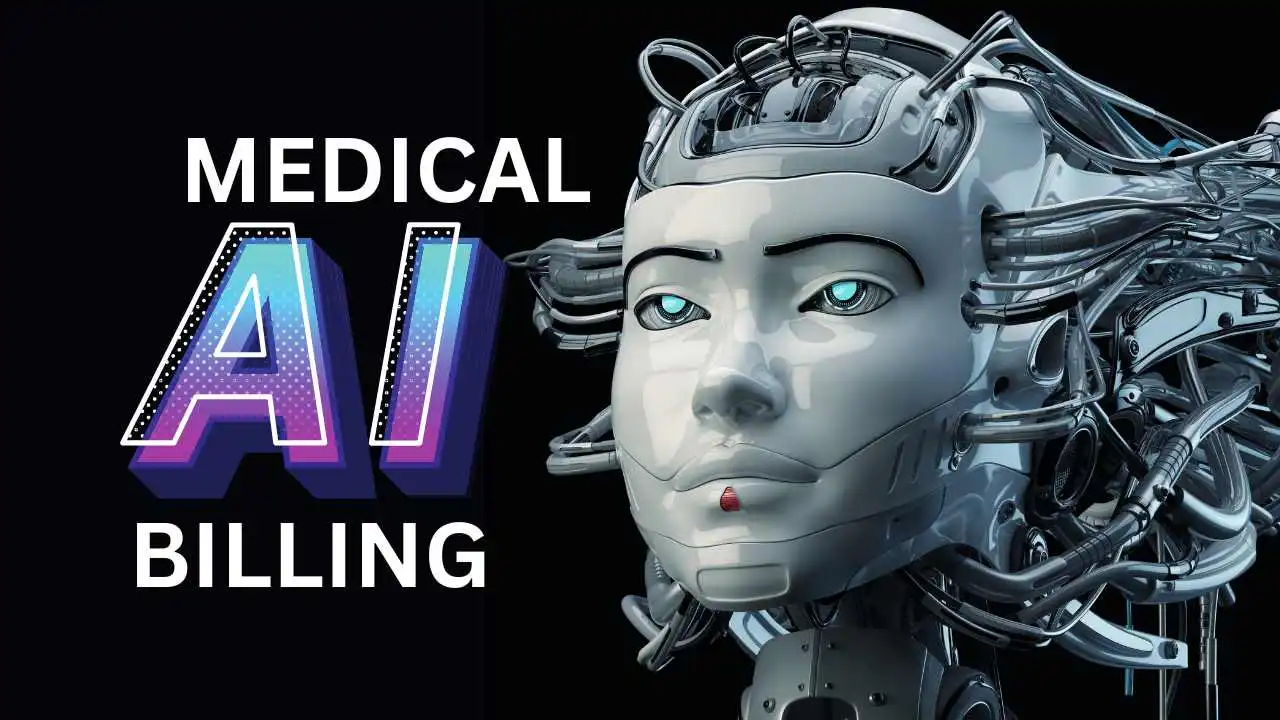In the rapidly evolving landscape of healthcare, technological advancements have been a game-changer for the hospital industry. Big data and machine learning are two powerful tools that have revolutionized the way hospitals operate, transforming patient care, research, and efficiency. This blog explores the profound effects of big data and machine learning on the hospital industry.
Enhanced Diagnostics and Personalized Medicine
Big data analytics, fueled by the vast amounts of patient information collected, have enabled hospitals to identify patterns and correlations that were previously undetectable. Machine learning algorithms can analyze patient data, medical records, and genetic information to provide accurate and timely diagnoses. This leads to personalized treatment plans, improving patient outcomes and reducing the risks of misdiagnosis.
Predictive Analytics for Preventive Care
Machine learning models can predict patient health risks, enabling hospitals to shift their focus towards preventive care. By analyzing data from various sources, such as wearables and electronic health records, hospitals can proactively intervene to prevent diseases and complications, reducing hospitalizations and healthcare costs.
Efficient Resource Management
Big data analytics optimize hospital operations by analyzing patient flow, resource utilization, and staffing patterns. Hospitals can anticipate demand, allocate resources more efficiently, and streamline workflows. This results in reduced wait times, better resource allocation, and ultimately, improved patient satisfaction.
Drug Discovery and Clinical Trials
Machine learning algorithms expedite drug discovery and development processes. By analyzing vast datasets, these algorithms identify potential drug candidates, predict their effectiveness, and anticipate adverse reactions. Moreover, big data analysis helps hospitals identify suitable candidates for clinical trials, facilitating faster and more accurate research.
Fraud Detection and Security
Big data and machine learning contribute to enhancing hospital security and fraud detection. Advanced algorithms can analyze billing data and flag suspicious activities, preventing fraudulent claims and safeguarding patient information. This fortifies patient trust and protects hospitals from financial losses.
Telemedicine Advancements
The integration of big data and machine learning has significantly boosted telemedicine capabilities. Remote patient monitoring systems, powered by machine learning, can analyze patient data in real-time, alerting healthcare professionals to potential emergencies. This technology expands access to healthcare, especially in remote areas, and improves overall patient care.
Population Health Management
Big data plays a pivotal role in population health management. By analyzing health trends and risk factors across a large population, hospitals can design targeted public health interventions and disease prevention strategies. This approach improves overall community health and reduces the burden on hospital resources.
Real-Time Decision-Making
Big data and machine learning empower hospitals with real-time insights, enabling quick and informed decision-making. Healthcare providers can access up-to-date information on patient conditions, treatment efficacy, and operational performance. This agility in decision-making ensures that medical teams can respond promptly to emergencies and adapt their strategies to improve patient care continuously.
Reduced Medical Errors
Machine learning algorithms help reduce medical errors by providing decision support to healthcare professionals. They can flag potential issues, such as drug interactions or dosage errors, thereby preventing avoidable mistakes. Additionally, big data analysis identifies trends related to adverse events, allowing hospitals to implement proactive measures and enhance patient safety.
Quality Outcome Predictions
By analyzing historical patient data, hospitals can predict the expected outcomes of various treatments and interventions. This assists healthcare professionals in making informed choices about the most effective and suitable treatments for individual patients. Accurate outcome predictions also aid in setting realistic expectations with patients and their families.
Continuous Learning and Improvement
Machine learning algorithms continuously learn and evolve from new data inputs, improving their accuracy and performance over time. Hospitals can leverage this feature to refine their medical protocols, optimize care pathways, and stay updated with the latest medical advancements.
Efficient Medical Imaging Analysis
Incorporating machine learning in medical imaging analysis has revolutionized diagnostics. These algorithms can analyze radiological images and detect anomalies with remarkable accuracy. This speeds up diagnosis and allows for early detection of diseases, leading to better treatment outcomes.
Cost Optimization
Big data analytics help hospitals identify cost-saving opportunities without compromising patient care. By analyzing expenses, resource utilization, and patient outcomes, hospitals can make data-driven decisions to optimize costs, reduce waste, and improve financial sustainability.
Enhanced Patient Engagement
Big data and machine learning foster improved patient engagement by providing personalized health recommendations and interactive applications. Through patient portals and mobile apps, patients can access their health information, receive reminders for appointments and medications, and actively participate in managing their well-being.
Compliance and Regulatory Support
Hospitals face stringent compliance and regulatory requirements. Big data and machine learning tools assist in monitoring and ensuring adherence to these standards. This mitigates compliance risks and ensures that hospitals maintain their reputation and credibility within the healthcare ecosystem.
The effects of big data and machine learning on the hospital industry are far-reaching and transformative. From diagnostic precision to resource optimization, these technologies have revolutionized patient care, medical research, and hospital operations. Embracing big data and machine learning is no longer just a choice for hospitals; it is an essential step towards delivering cutting-edge healthcare services and achieving better health outcomes for patients worldwide. As the field of data-driven healthcare continues to evolve, hospitals that harness these technologies effectively will undoubtedly lead the charge towards a healthier and more sustainable future.



